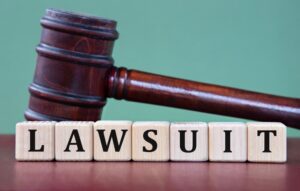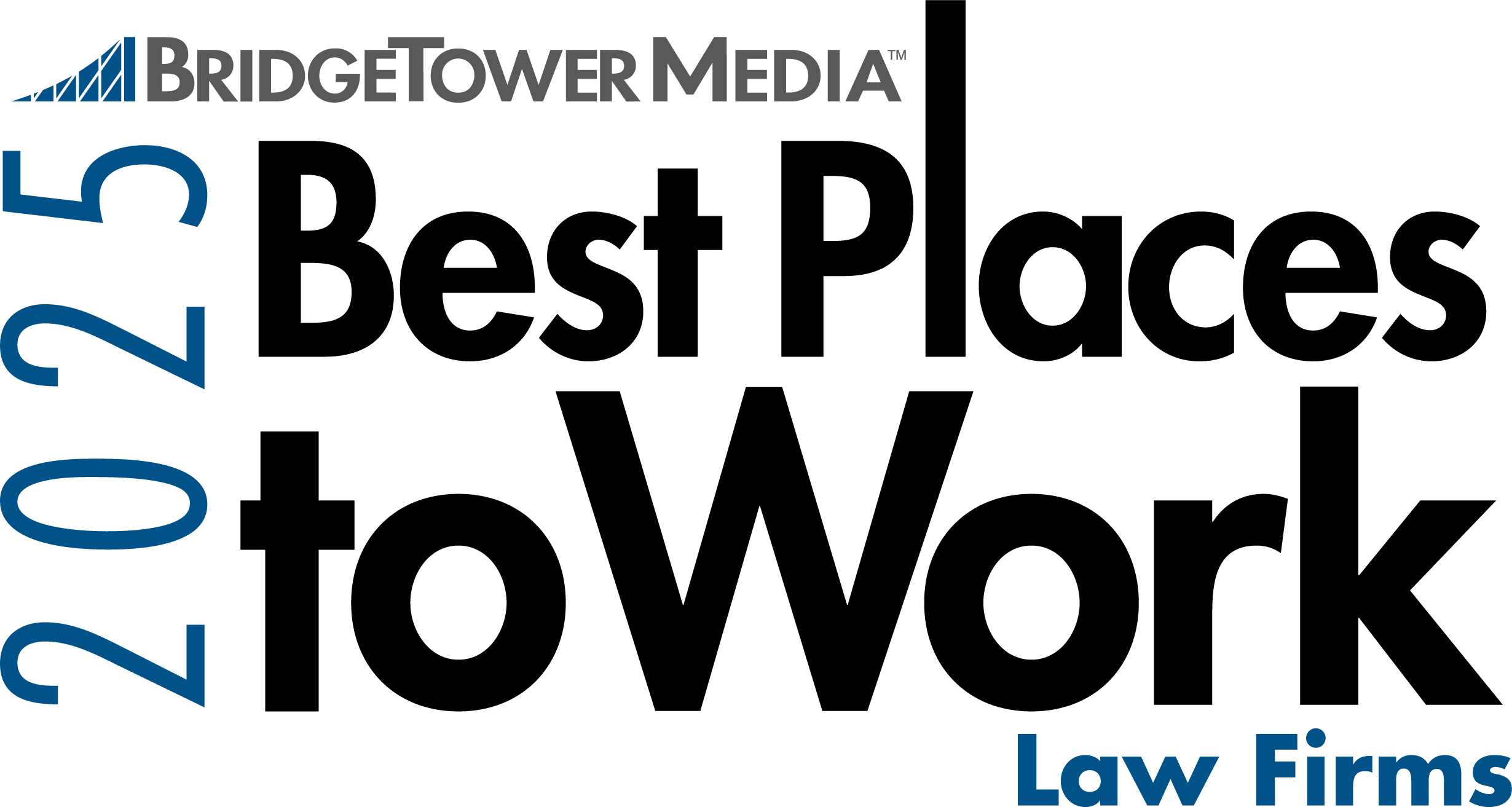The consequences of a semi-truck crash on a Southeast Missouri highway often extend far beyond the initial impact, leading many victims down the complex and often necessary path to the courtroom.
While most personal injury claims are settled out of court, collisions with commercial trucks frequently involve powerful corporate legal teams and insurance companies unwilling to offer fair compensation for catastrophic injuries.
This reality means that for many families from Cape Girardeau to Sikeston, understanding the trial process is not just an option—it is a critical step toward securing justice and rebuilding their lives.
Key Takeaways
- While many truck accident claims are resolved through settlements, some cases proceed to court to secure fair compensation.
- The legal process before a trial, known as discovery, involves a structured exchange of evidence between all parties.
- Federal and state regulations governing the trucking industry often play a significant role in establishing liability in a lawsuit.
- Missouri law allows for multiple parties, such as the driver, the trucking company, and manufacturers, to be held responsible.
- The state’s pure comparative fault rule means a person’s compensation may be reduced by their determined percentage of fault.
Why Your Truck Accident Case Might Go to Court
Most people hope to avoid a courtroom, and in reality, the vast majority of personal injury cases are settled before a trial begins. A settlement is a formal agreement where the at-fault party’s insurance company agrees to pay an amount of money to resolve your claim without a judge or jury making the final decision. However, there are times when going to court after a trucking accident becomes the necessary path to achieving a just outcome.
This often happens when the trucking company or its insurer disputes key elements of your case. They may argue about who was at fault for the crash or contest the severity of your injuries. A common reason for a case to move toward trial is when the settlement offer is simply too low to cover the full extent of your losses, including medical bills, lost income, and the profound impact on your quality of life.
Because the stakes are so high in commercial truck accident cases, powerful insurance companies may use aggressive tactics to minimize what they have to pay. When a fair negotiation isn’t possible, taking the case to court allows your story to be heard and a decision to be made based on the evidence.
Understanding the Steps Before a Trial
The journey to the courtroom is not a quick one. Before a trial ever begins, your case will move through a series of formal stages designed to uncover facts and clarify the issues. This pre-trial phase is where much of the critical work happens.
Filing the Lawsuit (Petition)

It’s important to know that there are strict deadlines for filing a lawsuit. In Missouri, the law known as the statute of limitations generally gives you five years from the date of the injury to file your case, as outlined in Missouri Revised Statutes § 516.120.
The Discovery Process: Gathering the Facts
After the petition is filed, the “discovery” phase begins. This is a formal investigation where both sides exchange information and evidence. It is a crucial part of building a strong case and understanding the opponent’s arguments. The goal is to prevent any surprises at trial.
Some common tools used during discovery include:
- Interrogatories: These are written questions that the other side must answer in writing and under oath. They can cover everything from the driver’s work history to the truck’s maintenance schedule.
- Requests for Production: This is a formal request for documents and other evidence. Your legal team might request the driver’s logbooks, the truck’s “black box” data, company safety policies, and post-accident drug and alcohol test results.
- Depositions: This is an in-person or virtual interview where a witness, such as the truck driver or a company representative, answers questions under oath. The testimony is recorded by a court reporter and can be used as evidence during the trial.
This exchange of information helps create a complete picture of the events leading up to the collision and its aftermath.
Motions and Negotiations
Throughout the discovery phase, both sides may file motions, which are formal requests for the judge to make a ruling on a specific issue. For example, a motion might be filed to exclude certain evidence from being presented at trial. At the same time, settlement negotiations often continue.
As more evidence comes to light during discovery, it can strengthen your position and sometimes encourage the insurance company to make a more reasonable offer to avoid the uncertainty and expense of a trial.
What to Expect When Going to Court After a Trucking Accident in SEMO
If a fair settlement cannot be reached, your case will be scheduled for trial. The prospect of appearing in a courtroom can be intimidating, but knowing what to expect can help ease some of that anxiety. The trial process follows a structured and predictable order.
Selecting a Jury (Voir Dire)
For most civil cases, the trial begins with jury selection. This process is called “voir dire,” a French term that means “to speak the truth.” The judge and the attorneys for both sides will ask a pool of potential jurors questions to determine if they can be fair and impartial. The goal is to select a group of citizens from the community who will listen to the evidence and make a decision based only on the facts presented in court.
The Trial Begins: Opening Statements
Once the jury is selected, the trial officially starts with opening statements. This is each side’s opportunity to present a roadmap of their case. Your attorney will tell the jury your story, explain what they believe the evidence will show, and outline what they will prove. The defense attorney will then do the same for their client. These statements are not evidence but rather a preview of what is to come.
Presenting Your Case
Following the opening statements, your attorney will begin to present your case. This is done by introducing evidence and calling witnesses to testify. The defense will have the opportunity to cross-examine your witnesses, and your attorney will be able to do the same for the defense witnesses.

- Witness Testimony: This is one of the most powerful forms of evidence. You will have a chance to tell the jury, in your own words, how the accident happened and how it has affected your life. Eyewitnesses, police officers who responded to the scene, and medical providers may also testify.
- Physical Evidence: This can include photographs of the accident scene, vehicle damage, and your injuries. It also includes crucial data from the truck’s electronic data recorder (often called a “black box”), which can show the truck’s speed, braking activity, and other critical information in the moments before impact.
- Documentation: A significant amount of paperwork serves as evidence, including the official police report, all of your medical records and bills, and reports from professional analysts, such as accident reconstructionists who can scientifically explain how the crash occurred.
Each piece of evidence is carefully presented to help the jury understand the full story of what happened and the extent of your losses.
Closing Arguments and Jury Deliberation
After both sides have presented all their evidence, the attorneys will make their closing arguments. This is their final chance to speak to the jury, summarize the evidence that was presented, and argue why the jury should rule in their favor.
Following the closing arguments, the judge will give the jury a set of legal instructions to guide their decision-making process. The jury then goes to a private room to deliberate, review the evidence, and reach a verdict.
Key Factors in a Southeast Missouri Truck Accident Case
Truck accident cases are far more complex than typical car wrecks. They involve unique state and federal laws, multiple potentially responsible parties, and often require a deep investigation into corporate practices.
Federal and State Trucking Regulations
The trucking industry is heavily regulated by both federal and state laws. The Federal Motor Carrier Safety Administration (FMCSA) sets rules for nearly every aspect of trucking, including how many hours a driver can be on the road, mandatory rest breaks, vehicle inspection requirements, and drug and alcohol testing protocols. When a trucking company or driver violates these regulations, it can serve as powerful evidence of negligence.
Identifying All Liable Parties
In a truck accident, the fault may not lie solely with the driver. A thorough investigation often reveals that other parties share responsibility. This could include the trucking company for negligent hiring or poor maintenance, the company that loaded the cargo if it was improperly secured, or even the manufacturer of a faulty truck part.
For instance, if a brake failure caused a multi-vehicle pileup on a busy stretch like Highway 60, the investigation might point to the brake manufacturer as well as the trucking company that failed to perform adequate maintenance. A skilled legal team will work to identify every party that contributed to the crash to hold them accountable.
Understanding Missouri’s Comparative Fault Rule

In simple terms, it means that you can still recover compensation for your injuries even if you are found to be partially responsible for the accident. However, your total compensation award will be reduced by your percentage of fault. For example, if a jury determines you were 10% at fault, your final award would be reduced by 10%.
Insurance companies often try to use this rule to shift as much blame as possible onto the injured person to reduce their payout.
FAQ for Going to Court After a Trucking Accident
Here are answers to some common concerns people have when facing the possibility of a truck accident lawsuit.
How long does it take for a truck accident lawsuit to go to court?
The timeline for a truck accident case can vary widely. The discovery process, negotiations, and court scheduling all influence how long it takes to reach a final resolution.
What kind of compensation can I seek in a lawsuit?
In a truck accident lawsuit, you can seek compensation for a range of losses, known as damages. This includes economic damages like medical expenses (past and future), lost wages or income, and loss of future earning capacity. You can also pursue non-economic damages for things like pain and suffering, emotional distress, and loss of enjoyment of life.
Do I have to speak in court?
If your case goes to trial, it is very likely that you will need to testify. This is your opportunity to tell the jury in your own words what happened and how the injuries have impacted you. While it can be daunting, your attorney will help you prepare thoroughly so you feel as comfortable and confident as possible.
What is a truck’s “black box” and why is it important?
A “black box,” or Electronic Data Recorder (EDR), is a device in most modern commercial trucks that records technical information about the vehicle for a short period before, during, and after a crash. It can capture data on speed, braking, acceleration, and steering. This information is often critical in proving what caused an accident and must be secured quickly before it is overwritten or lost.
What makes a truck accident case more complex than a car accident case?
Truck accident cases involve unique factors.
- First, they fall under a web of federal safety regulations from the Federal Motor Carrier Safety Administration (FMCSA) that dictate everything from driver hours to vehicle maintenance.
- Second, the potential for multiple liable parties—like the trucking company, a maintenance contractor, or a cargo loader—requires a much deeper investigation.
- Finally, the evidence, such as electronic logbooks and data recorders, is highly technical and requires specific knowledge to secure and interpret correctly.
What is the difference between economic and non-economic damages?
Economic damages are tangible, calculable financial losses resulting from the accident. They include all past and future medical bills, lost wages from time off work, and diminished future earning capacity if you cannot return to your previous job.
Non-economic damages compensate you for intangible losses that do not have a specific price tag. These include physical pain and suffering, emotional distress, mental anguish, and loss of enjoyment of life. Missouri law allows you to seek compensation for both types of damages.
Why is it important to act quickly after a truck accident?
You must act quickly to preserve crucial evidence. Trucking companies are only required to keep certain records, like driver logs and inspection reports, for a limited time.
The truck’s “black box” or electronic data recorder (EDR) also records over old data. An attorney can send a spoliation letter immediately, which is a formal notice demanding that the trucking company preserve all evidence related to the crash.
Cook, Barkett, Ponder & Wolz: Trusted SEMO Truck Accident Lawyers
Facing powerful trucking and insurance companies after a truck collision is a challenge no one should have to endure alone. Having a compassionate and determined legal team by your side can make all the difference, allowing you to focus on what matters most: your health and your family.
At Cook, Barkett, Ponder & Wolz, we understand the profound impact a truck accident can have on your life. Our team is committed to listening to your story and fighting for the accountability you deserve. We serve clients throughout Southeast Missouri and are ready to provide the guidance you need.
We invite you to contact us today at (573) 335-6651 or through our online form for a free, no-obligation case evaluation to discuss your situation.



